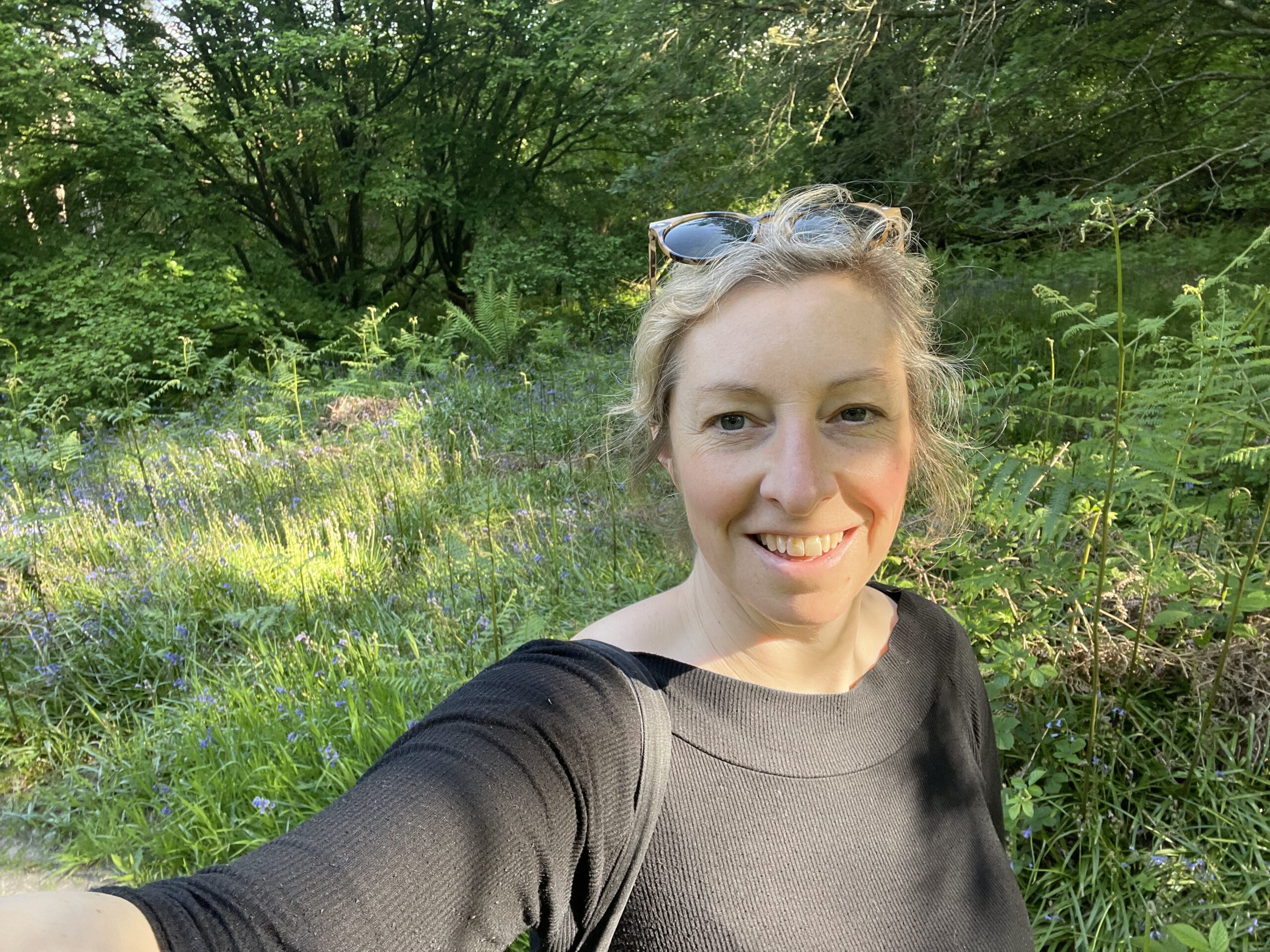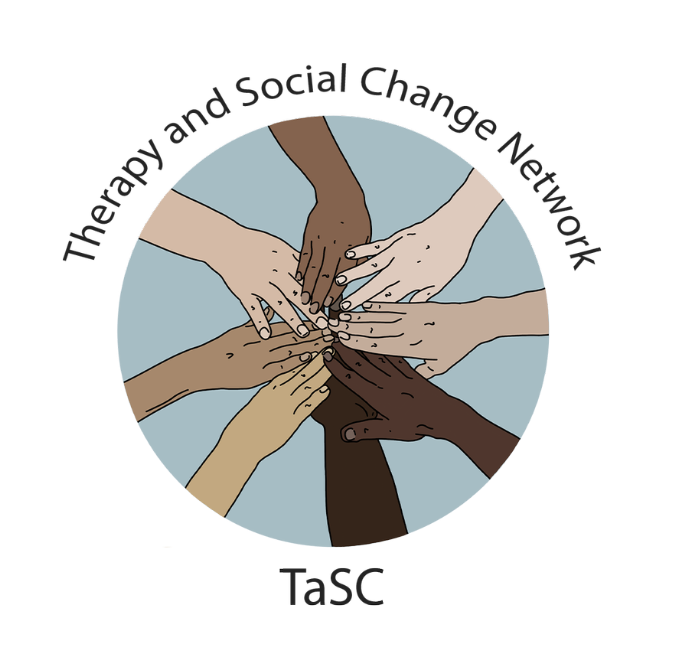This event is included in a series of seminars organised in collaboration with the Therapy and Social Change Network.
What role can and do Psychologists have in building community and creating social change?
Sally will reflect on lessons learned in her work as a Clinical & Community Psychologist in the field of ‘youth violence’ , being part of the charity sector and in building social movements for change.
We will discuss how can Psychologists/Practitioners/Therapists/Academics incorporate ideas from Community & Liberation Psychology, which centre equity, justice, decolonisation & social change into their practice, whatever context they are in?
Course Content
Organisation
This learning is avaibale in the FREE Student Hub
Presenter

Sally is a Clinical and Community psychologist and CEO of the charity Art Against Knives in London. She is passionate about addressing the intersections of social justice, economic justice and mental health and worked for over a decade at MAC-UK, a London based charity redesigning mental health services with marginalised young people. She is co-founder of Psychologists for Social Change and the Housing and Mental Health Network. Sally was the Chair of the British Psychological Society’s Community Psychology Section for many years and is Co-editor of The Palgrave Handbook of Innovative Community & Clinical Psychologies . Outside of work and activism, Sally is an animist and committed to nature-based spirituality.

The Therapy and Social Change (TaSC) Network is a broad affiliation of people interested in exploring the interface between therapeutic ideas and practices and social justice perspectives and actions. We are interested both in the ways that counselling and psychotherapy can be practiced with social justice concerns in mind (for instance, tackling unconscious biases in the consulting room), and also in the ways that therapeutic principles and practices can be extended out to the wider social realm (for instance, developing social and emotional literacy in schools).


